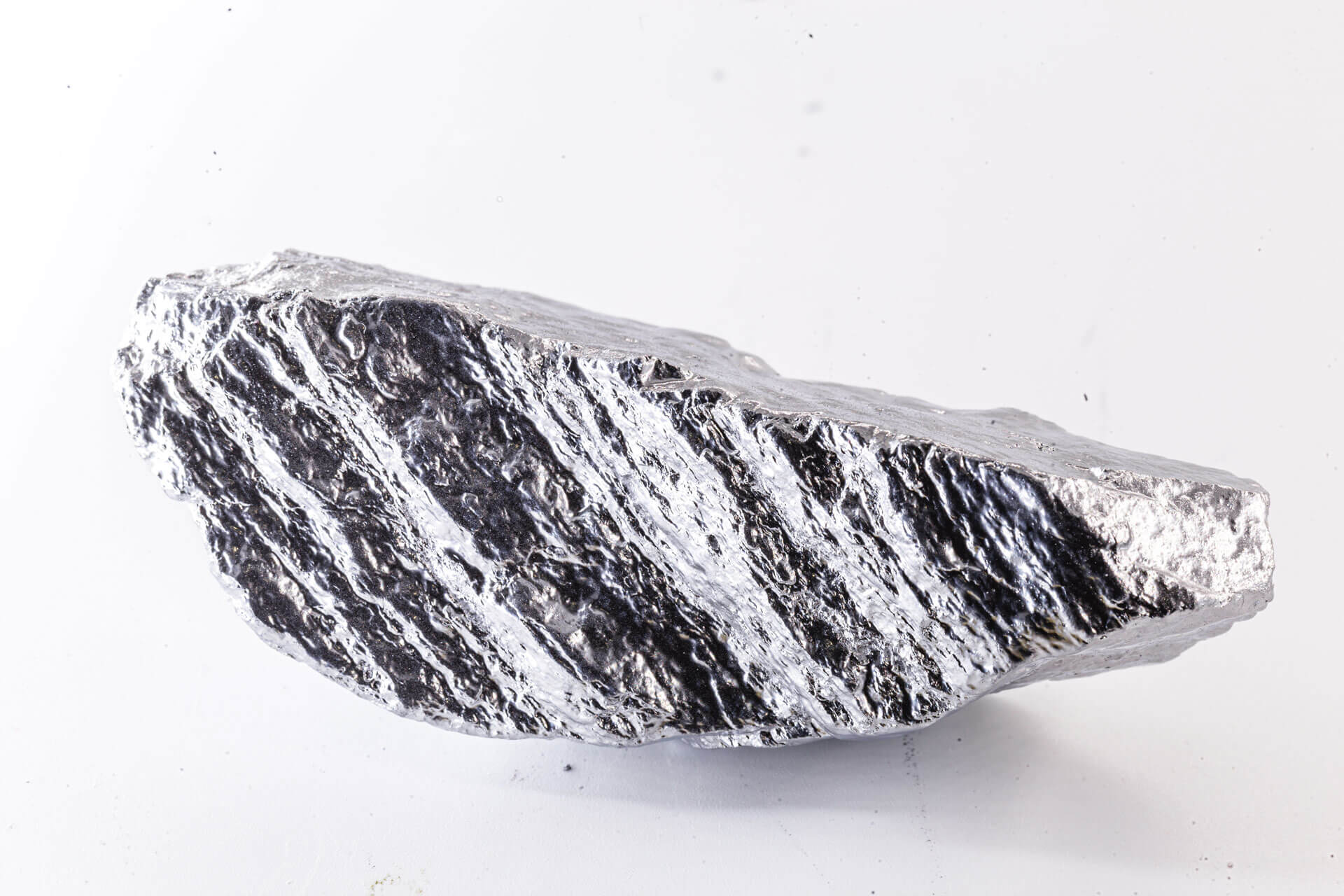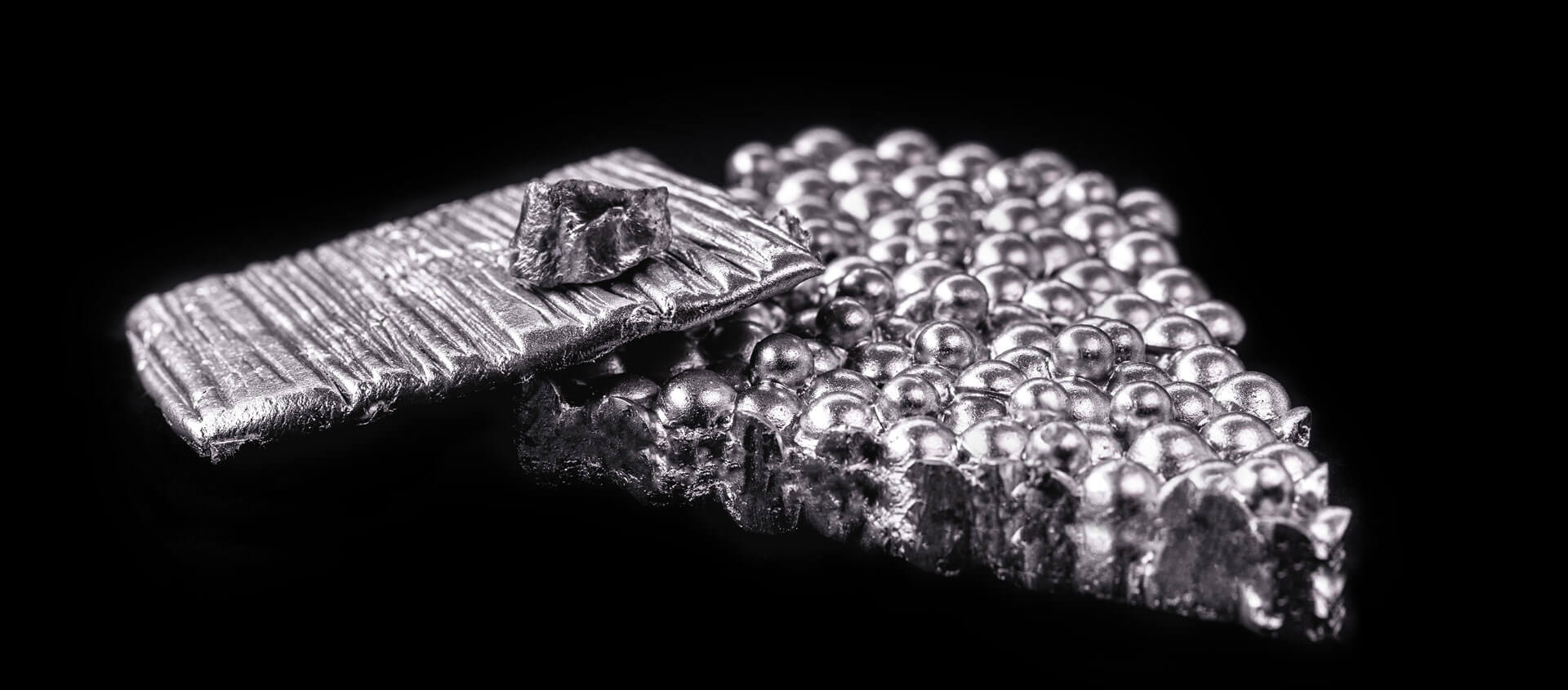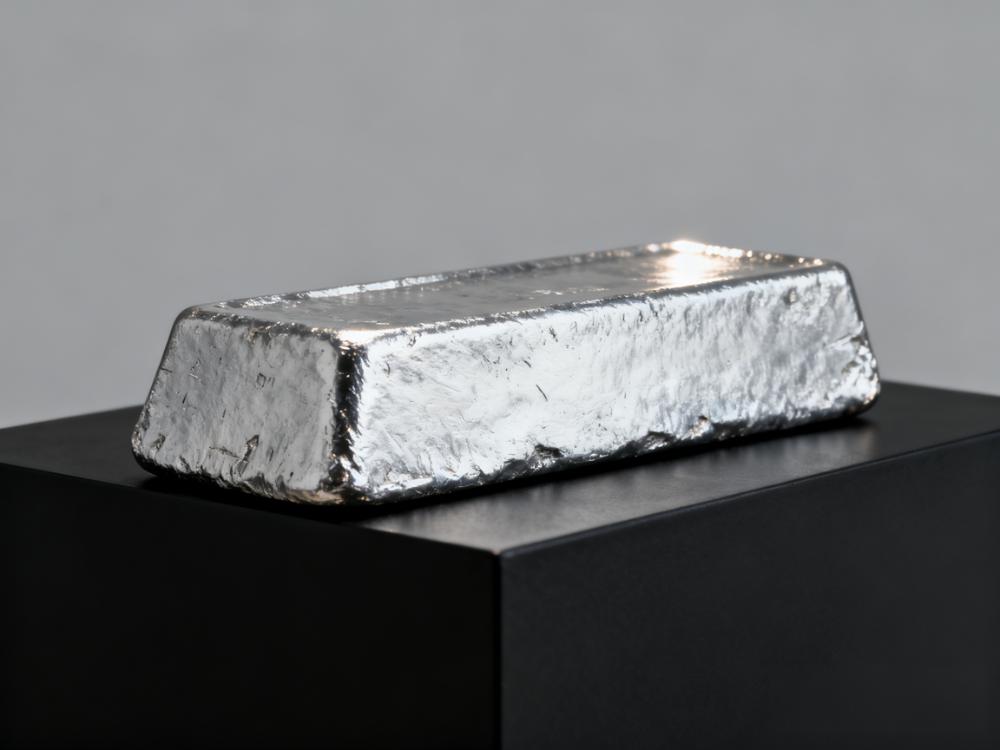According to recent reports, BASF will jointly evaluate the development of state-of-the-art nickel and cobalt hydrometallurgical refineries with global mining and metallurgical group Eramet. Such developments will include high-pressure acid leaching (HPAL) plants and base metal refineries (BMR). HPAL will be located in Veda Bay, Indonesia, while the location of BMR will be determined during the feasibility study. The goal of the project is to launch the HPAL and BMR facilities in the mid-2020s and will begin the first phase of the feasibility study with limited funding.
The HPAL plant will process locally fixed mining ore from the Weda Bay deposit to produce nickel and cobalt intermediates. Since the acquisition of Weida Bay in 2007, Eramet has carried out extensive geological work and confirmed the potential of this world-class deposit, which began mining at the end of 2019. BMR will supply nickel and cobalt to produce the precursor cathode active material (PCAM), and then the cathode active material (CAM) for lithium-ion batteries in electric vehicles. The project will enable BASF to obtain an additional safe source of 42000 tons of nickel and 5000 tons of cobalt each year from mines operating in accordance with internationally recognized sustainability standards.
Ensuring access to raw materials, especially nickel, is a key factor supporting the strong growth of the global electric vehicle value chain. The share of high-nickel CAM is increasing to meet the demand for higher energy density batteries and to reduce overall battery costs, and Weda Bay's resources are the most competitive in the world to meet this demand.



